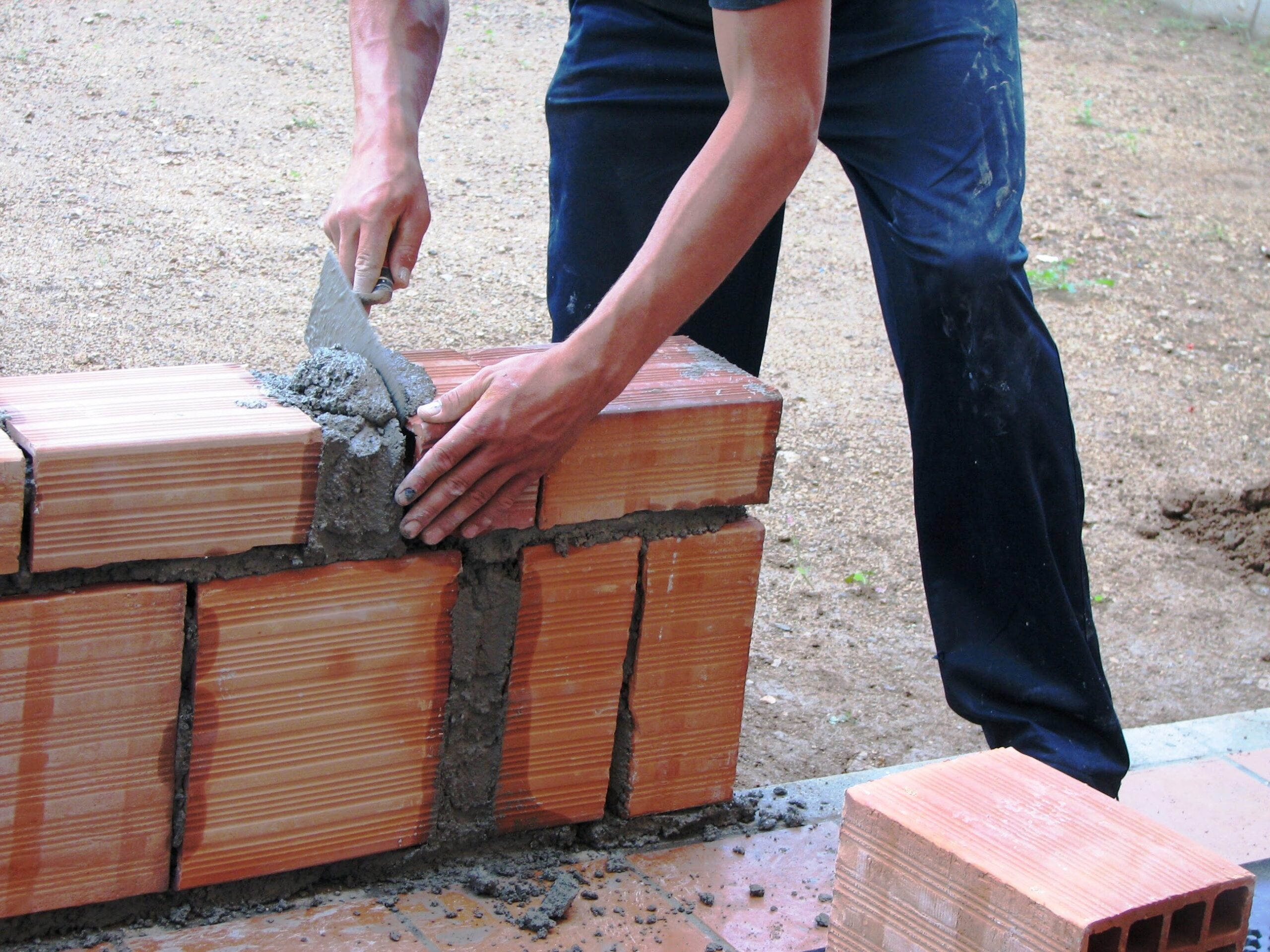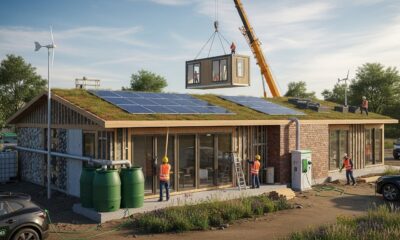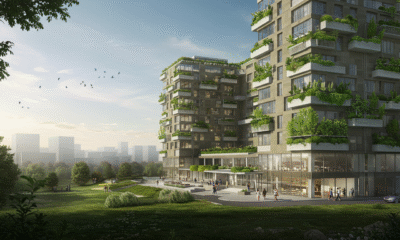

Features
The benefits of self-build to the UK energy landscape
With Ecobuild 2013 underway at the ExCel in London, Chris Farrell writes about the important role for self-build in ensuring the UK’s housing stock is sustainable in the future.
Back in 2011, David Cameron vowed to “get Britain building”. This has been supported with a variety of schemes, most recently the green deal and the government-backed online self-build portal. However, the UK now has the oldest housing stock in the developed world, with 8.5m properties over 60 years old, and with the current energy pressure the UK is facing, there is more that can be done.
Self-build, both in building new homes and refurbishment of our existing ones, has a key role to play in ensuring the UK housing stock is able to adapt to future changes in the global energy situation.
Currently there are around 100,000 new homes built in the UK every year. There are many factors that motivate people to build their own home; the cost is generally much less than buying an existing home, and you have better control over the location and design of your property. However, what I wish to focus on are the benefits self-build can provide for the UK energy sector and environment as a whole.
The key advantage of a new build from an energy perspective is that you are not constrained by a pre-existing physical structure, heating system, or even energy source. As such, there is the opportunity to utilise innovative technologies and ensure improved energy efficiency for your building, and a lower lifetime cost for your home heating.
The benefits of this are clear to see. With energy costs rising every year, and 5m UK homes now in fuel poverty, improving energy efficiency in any scenario represents a way for the UK to tackle its energy issues and achieve short and long-term stability.
In fact, newly-built homes often lead the way in energy efficient design. According to the British Building and Social Housing Foundation, “Low-energy self-build houses are among the best national examples of environmentally sound building, with high NHER (National Home Energy Rating) scores of 9 or 10 (out of 10)”.
However whilst the benefits of building a new home are all well and good, it is clearly not an option for a majority of current homeowners. For the UK to make real progress towards future energy use and emissions targets, existing homes will need improvements.
Fortunately, self-build is not limited to new homes. The refurb sector represents a considerable opportunity for the UK to improve the energy efficiency of our domestic buildings through a variety of self-build projects.
Incorporating simple, new or retrofitted energy efficiency measures into our existing homes, such as heating insulation, super condensing gas boilers with flue gas heat recovery, or new lighting controls are a means for the UK to tackle it’s energy problems and save money.
Self-build projects and home renovations do not have to be complicated, long-term projects; the nature of self-build means you can tailor a project to your needs and situation, something as simple as upgrading your boiler will be of great benefit.
Furthermore, the government’s green deal, despite its much publicised problems and perhaps misguided approach, has the key issues of promoting energy efficiency at its heart, and I believe will eventually benefit UK consumers.
The improvement of domestic energy efficiency also ensures you will be financially rewarded from any project you undertake, especially with rising energy costs projected for the future.
It is clear that the potential that self-build represents for the UK economy and energy landscape cannot be ignored. Both new and existing homes can benefit from a range of self-build improvements, and the government clearly knows this, having acted to promote adoption of this approach, through the green deal, Carbon Emission Reduction Target (CERT) and other funding.
Whilst there are problems with its methods, the positive intent is there. It is up to us, the public, to take advantage of this, and ensure our homes can be as energy efficient as possible. This will benefit not only ourselves as homeowners, but also the UK and government as a whole.
Chris Farrell is the managing director of Zenex Energy, a British company founded in 2003 specialising in innovative energy saving products for both the domestic and commercial markets. This post originally featured on his blog, The Green Entrepreneur.
Further reading:
Why supporting innovation is vital for UK energy policy in 2013
Government launches long-awaited green deal scheme
Time for a change in energy policy


 Environment12 months ago
Environment12 months agoAre Polymer Banknotes: an Eco-Friendly Trend or a Groundswell?

 Features11 months ago
Features11 months agoEco-Friendly Cryptocurrencies: Sustainable Investment Choices

 Features12 months ago
Features12 months agoEco-Friendly Crypto Traders Must Find the Right Exchange

 Energy11 months ago
Energy11 months agoThe Growing Role of Solar Panels in Ireland’s Energy Future




























